Baking Soda Hair Care: The Good, The Bad, and The Fix
Many bloggers say that washing hair with baking soda is beauty’s best secret. Your hair will be clean and healthy. No more chemical and harmful ingredients. There’re also many baking soda shampoo DIY tutorials. Is baking soda 100% safe and good to use? Well. The answer is No. For new users, it is soda damage hair
According to many no shampoo reviewers, the experience of washing hair with baking soda is divided into two parts. People who wash hair with baking soda and apple cider vinegar for a few months think the no-poo method is a success. However, there are also many people washing hair with baking soda in years stop the experiment.
You must have many questions about baking soda for hair. Don’t worry about that. This article analyzes the good and bad sides of using baking soda to wash hair. Just read and find the answer.
- Benefits of Washing Hair with Baking Soda
- Risks and limitations of Using Baking Soda on Hair
- Is Baking Soda a Natural Way to Shampoo Your Hair
- Baking Soda Washes Cause Hair and Scalp Damages
- Tips to Fix Baking Soda Damaged Hair
Benefits of Washing Hair with Baking Soda
Baking soda is popular because of its no-poo method. You can dissolve baking soda in water to remove excess oil, dust, buildup, and other leftover hair care products from your hair and scalp. Thus, your hair will be clean, soft, and shine as before. Just imagine the squeaky-clean feel after cleaning your kitchen with baking soda. By the way, baking soda can remove dry skin from your scalp. You can exfoliate and cleanse hair completely.
In many people’s eyes, baking soda is an inexpensive and natural product. Compared with commercial chemicals in shampoos, using backing soda is plastic-free and chemical-free. No more product junkie. After rinsing with diluted apple cider vinegar, your hair will be clean, soft, and shiny. The low-cost homemade hair cleaning method seems to be great. Is it true?
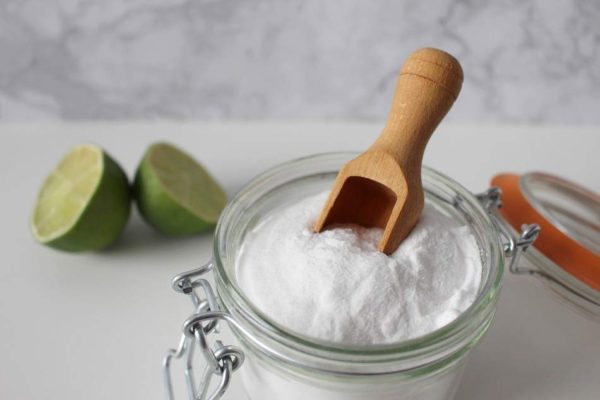
Risks and limitations of Using Baking Soda on Hair
Although baking soda are good for hair, it also carries risks and limitations. Overuse of baking soda can disrupt the natural pH balance of hair and scalp, which can cause dryness, breakage, and scalp irritation. By the way, don’t leave baking soda in your hair more than 10 minutes.
It’s important to note that baking soda may not be suitable for all hair types. People with fine or thin hair may find that baking soda weighs down hair or leaves it looking dull. Conversely, baking soda may be too harsh for those with curly or textured hair, which can be more prone to dryness and breakage. In some cases, people may experience scalp irritation or sensitivity when using baking soda on their hair. If this occurs, you should stop using immediately and consult a dermatologist.
Is Baking Soda a Natural Way to Shampoo Your Hair
No. With months or even years of no poo, you will get into trouble with heavy baking soda hair damage. It is not recommended to replace pH-balanced shampoo with baking soda directly.
Different from furniture and plates, your skin, scalp, and even hair should be at a healthy pH.
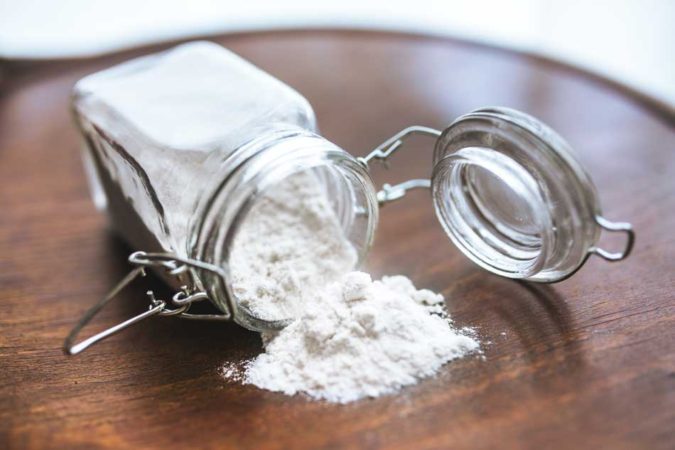
The balanced pH should be between 4.5 and 5.5. Because natural hair acidity can prevent fungi, bacteria, and other related problems. The problem is that baking soda has a pH of around 8.3. No matter how much water you use to dilute baking soda, the pH level won’t change. The latter apple cider vinegar, lemon, or other acidic liquid does not work.
Baking soda destroys hair and scalp already. Not all natural things are good for your body and hair. You need to be careful of all homemade beauty products. Handmade skincare products are not always good, especially when you have sensitive skin.
Baking Soda Washes Cause Hair and Scalp Damages
Baking soda and apple cider vinegar will damage the natural pH level on your scalp. If you keep using baking soda shampoo for some time, you can even find that baking soda kill hair! Well, you can see many failed experiments of baking soda on natural hair. Here are the typical damages that baking soda can bring to your hair and scalp.
- Hair breakage
- Cuticle damage
- Dryness and dull hair
- More dandruff
- Frizz
- Scalp irritation
- Imbalanced pH level
- Too much moisture
- Remove hair color (Or you can dye your hair with food coloring.)
After you start the no-poo regimen for half a year and longer, you can find the magic of baking soda disappear. Your hair will be worse than before. It becomes brittle and weak. So stop shampooing your hair with baking soda. You had better use a gentler hair cleanser to wash hair properly.
Tips to Fix Baking Soda Damaged Hair
Since baking soda damaged hair, you can use other natural products for hair care. It depends on the hair and scalp type you have.
-
Use Coconut oil to Nourish Damaged Scalp and Hair
It works for dry hair to nourish the scalp. You can use coconut oil to seal moisture. With the vitamins and essential fatty acids, your hair can grow longer, thinker, and faster than before. By the way, argan oil is good for hair growth and repair too.
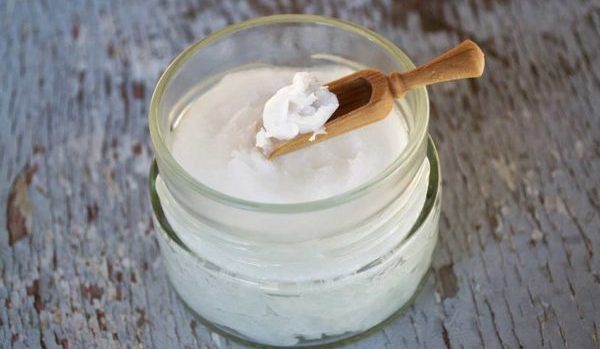
-
Use a Protein Treatment
Baking soda can disrupt the natural protein balance of hair. That’s why you find your breakage and weakness. A protein treatment can help to replenish this balance and repair the damage. Look for a protein treatment that contains hydrolyzed keratin or other proteins, which can penetrate the hair shaft and strengthen the hair from within.
-
Put Aloe Vera to Fix Damaged Scalp
Its proteolytic enzymes can repair dead skin cells on the scalp. If you want to make your hair smooth and shiny, you can put aloe vera on your hair for half an hour or so. Later, use a mild shampoo to wash off and rinse your hair completely. By the way, you can prevent itching on the scalp as well.
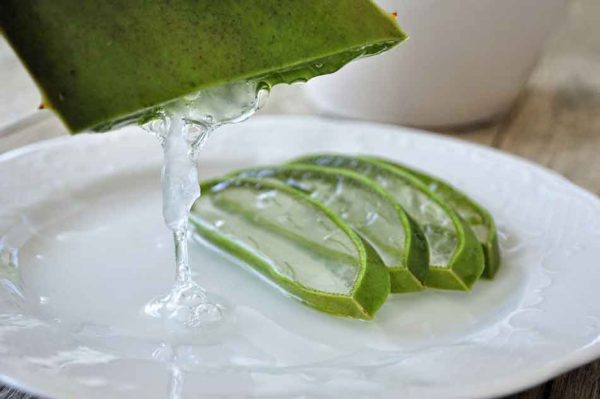
Baking soda can disrupt the natural protein balance of hair. That’s why you find your breakage and weakness. A protein treatment can help to replenish this balance and repair the damage. Look for a protein treatment that contains hydrolyzed keratin or other proteins, which can penetrate the hair shaft and strengthen the hair from within.
-
Avoid Heat Styling
Heat styling tools like flat irons and blow dryers can cause additional damage to already weakened hair. During this time, you can use air-drying or low-heat styling tools to minimize the side effects. If you must use heat styling tools, be sure to use a heat protectant spray to minimize the damage.
-
Trim the Damaged Hair Ends
If the damage caused by baking soda is severe, trimming the damaged hair ends may be necessary. This can help to prevent further breakage. Moreover, it can promote healthy hair growth too. You can get a new haircut by yourself or go to the salon nearby.
-
Massage Hair with Jojoba oil To Enhance Dry Hair
To fix baking soda-damaged hair, you can add jojoba oil to the hair conditioner. It can add essential protection to again dryness, frizz, breakage, and split ends. Moreover, you can use jojoba oil to moisturize the scalp and remove dandruff. Your hair will grow thinker and smoother.
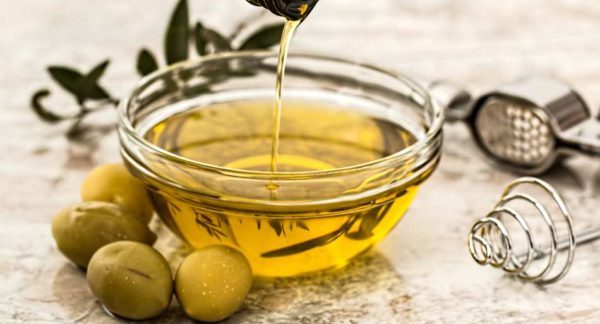
The high pH of baking soda is too much for the scalp and hair. The natural oil will be stripped by baking soda. Even though you mixed it with shampoo, your hair will be breakage and fragile easily. If you have extremely oily hair and scalp, you can use baking soda as an emergency with caution. Stop washing hair with baking soda for a long time.
Baking soda is indeed natural. But it does not mean that using baking soda as shampoo is safe. It will be a disaster for people who have dry scalp and condition. If you are not satisfied with the current shampoo bar or bottle, you can switch to a new one. There are also many other organic, all-natural, and non-toxic shampoos in the market. Baking soda damages hair in many situations.
Have you tried baking soda on your skin or hair before? What’s your experience? Does baking soda work for you? You can feel free to contact us.




